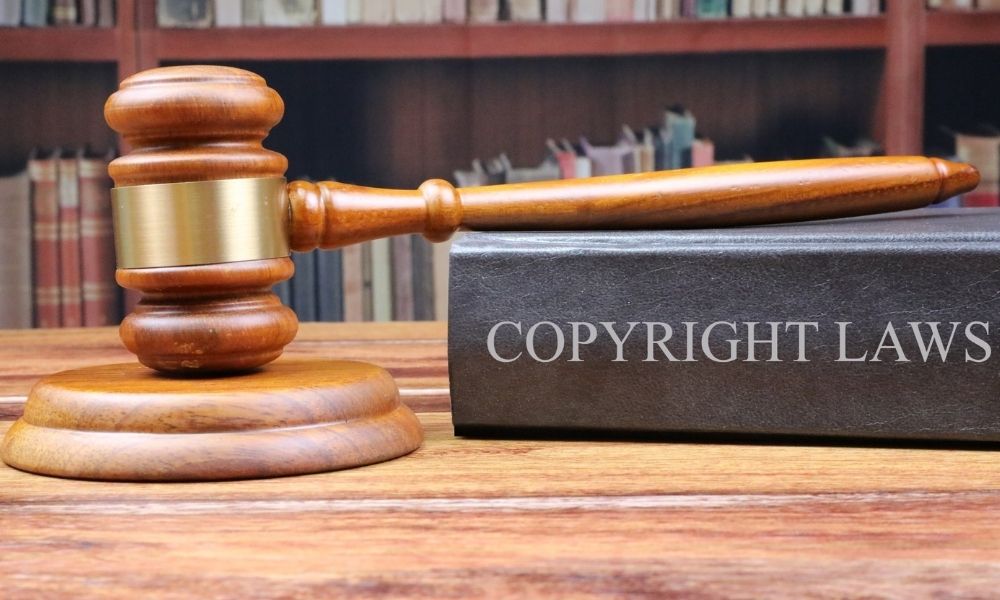Copyright laws are designed to protect the intellectual property rights of creators and owners of various works, including literature, music, movies, and software. However, the advent of the internet and digital technologies has made it increasingly difficult to enforce copyright laws across borders. Here are some of the challenges that come with enforcing copyright laws across borders.
1. Different Laws and Regulations

One of the biggest challenges of enforcing copyright laws across borders is the vast differences in laws and regulations across countries. Each country has its own copyright laws, which can be conflicting or incompatible with other countries. For instance, some countries may not recognize certain copyrights or may have different criteria for determining copyright infringement. This makes it difficult to enforce copyright laws across borders.
2. Language and Cultural Barriers
Another challenge in enforcing copyright laws across borders is the language and cultural barriers. In many cases, the infringing material may be in a language that the copyright holder does not understand, making it difficult to identify and enforce copyright infringement. Additionally, cultural differences may also affect copyright enforcement, as certain practices may be acceptable in one culture but not in another.
3. Lack of Cooperation and Resources
Enforcing copyright laws across borders requires cooperation and resources from multiple countries. However, some countries may not have the resources or the willingness to cooperate with other countries in enforcing copyright laws. This can make it difficult to track down infringers and bring them to justice. Additionally, some countries may have weak copyright enforcement systems, making it easier for infringers to operate with impunity.
4. Digital Piracy
Digital piracy is one of the biggest challenges to enforcing copyright laws across borders. The internet has made it easy for infringers to distribute copyrighted material across the world in a matter of seconds. Additionally, the anonymity of the internet makes it difficult to track down infringers and hold them accountable for their actions. This has made it increasingly difficult to enforce copyright laws across borders.
5. Emerging Technologies
Emerging technologies such as blockchain, artificial intelligence, and virtual reality pose new challenges to enforcing copyright laws across borders. For instance, blockchain technology can be used to create decentralized platforms for distributing copyrighted material without the permission of the copyright holder. Additionally, artificial intelligence can be used to create deepfakes that infringe on the copyright of others. This means that copyright laws need to be updated to keep up with emerging technologies.
Enforcing copyright laws across borders is a complex and challenging task. It requires cooperation and resources from multiple countries and the ability to keep up with emerging technologies. However, it is essential to protect the intellectual property rights of creators and owners and ensure that they are fairly compensated for their work.

